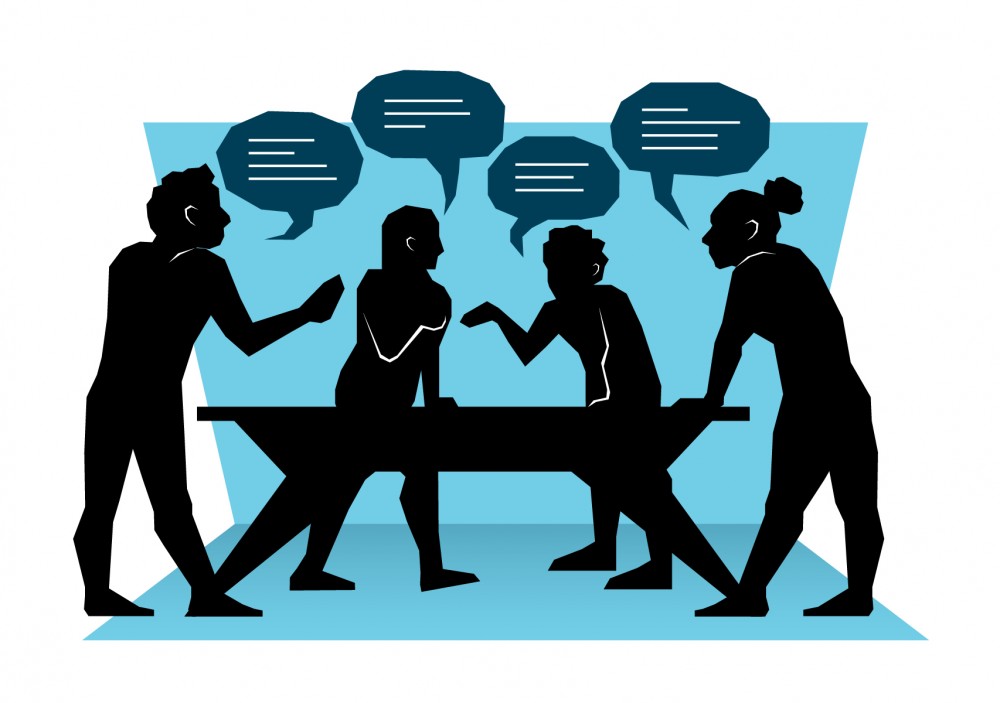It is no secret that the Amazon.com Inc. has far more money and power than any single company should. Amazon has a monopoly on the way we shop and the way we use the Internet in general. Kashmir Hill of Gizmo Media tried to cut Amazon products from her life but found it impossible because its web services provide the framework for a great deal of internet content the regular consumer does not even think about. But, her attempt to stop her Amazon usage sparked a larger debate among the editorial board about students’ Amazon usage.
Even if you were to limit Amazon’s scope to online shopping, the company’s market share reaches significant numbers. That total does not include the potential untold advantages over its competitors. To completely stop using Amazon is near impossible — but that does not mean that consumers should give the company even more leverage against anyone who wants to put limitations on it.
It is particularly important to make an effort to support low-level Amazon employees. Last Prime Day, Amazon workers in Minnesota decided to strike for safer working conditions and more secure jobs. This is one of many strikes within the company where employees report that the company takes advantage of their workers.
For instance, a former Amazon warehouse manager reported that during the holiday season, employees worked at least 10 hour days, six days a week. The managers worked 14 to 18 mandatory hours — all on their feet.
But customers between ages 18 and 34 make up 39 percent of Prime members and 30 percent of non-Prime sales, according to 2017 statista data. Amazon’s demographics are split evenly in multiple age groups and young people take close to one third of all Amazon sales. That means that Amazon will notice substantial drops in sales from students and other young people using their services.
Students who have a greater awareness of how the internet works and what alternatives there are need to start using Amazon services more responsibly. Yes, Amazon is usually the cheapest, easiest and fastest way to get a product you need — but it is not the only way.
If you have access to alternative resources, you should purchase textbooks, groceries or any other products you need instead of using the online marketplace site. That might not be feasible for every student, but it is certainly well within others’ capabilities.
A simple and easy thing that most students can do is either not use or cancel their Prime student account. If you use Amazon daily, the service will save you money, but if you are trying to cut down on your Amazon usage there would be no responsible reasoning behind continuing to pay.
Paying this monthly subscription sends a message to Amazon that students are a strong marketable demographic for them. It would show that students care more about their free shipping than the human cost attached. Not to mention that students care less about the multitude of ways that Amazon has mistreated their workers.
But Amazon’s influence on consumers brings us into a much larger question about conscious consumer spending. If you are worried about making ethical shopping and financial decisions, you should take the time to do your research on companies you give your business to. Using a gift card or ordering your textbooks from websites like Amazon does not make you a bad person, but if you know there has been controversy around the organization, then take a few seconds to read up on it. We cannot control much when it comes to ethical and financial decision making within a large company, but we can control how much we contribute our hard-earned dollars.








